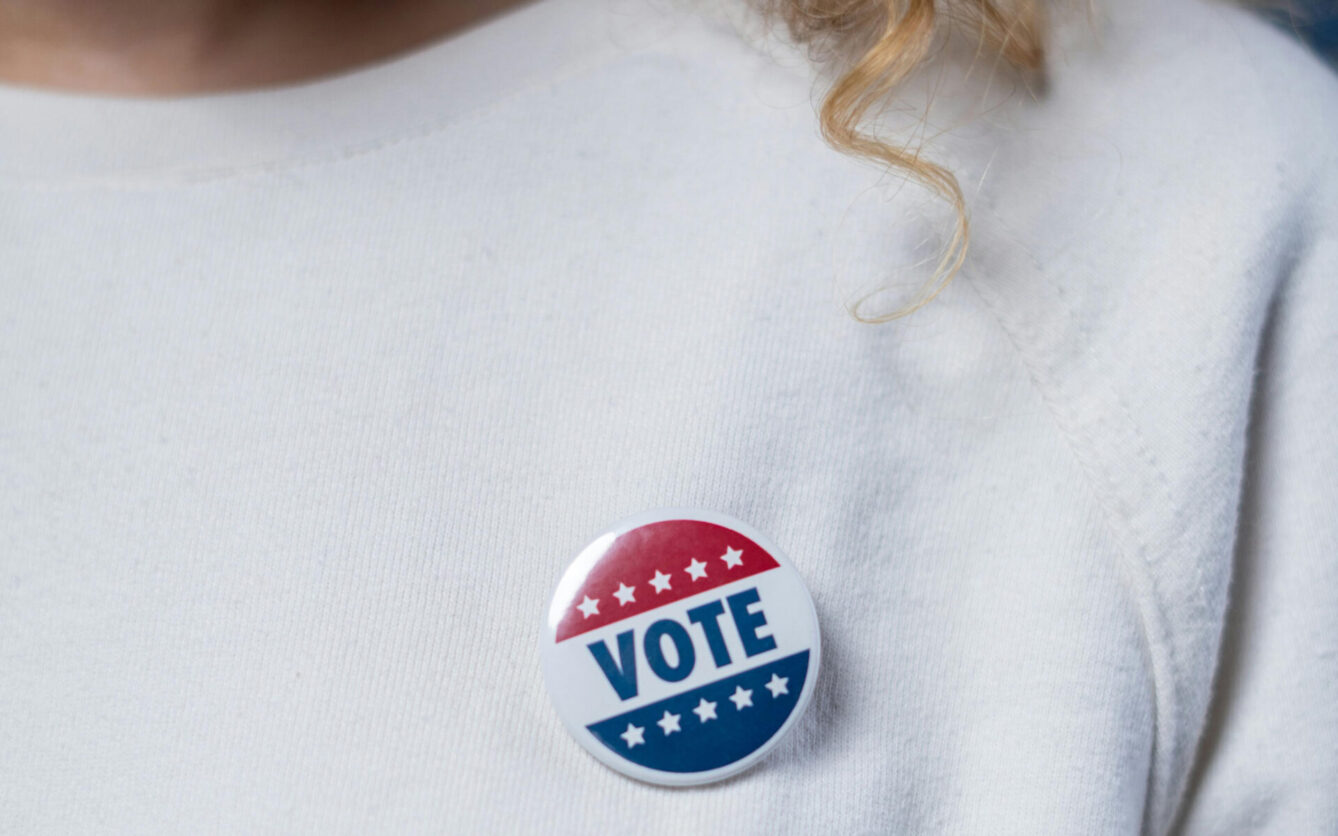Thinking /
Thinking
-
-
What You Need to Know About Page Speed (and How Your Agency Should Handle It)
-
Shifting Instagram Priorities in 2025
-
Google Trends Search Insights – December 2024
-
Google Trends Search Insights – November 2024
-
Google Trends Search Insights – October 2024
-
What Makes a Good Tagline?
-
Google Trends Search Insights – September 2024







